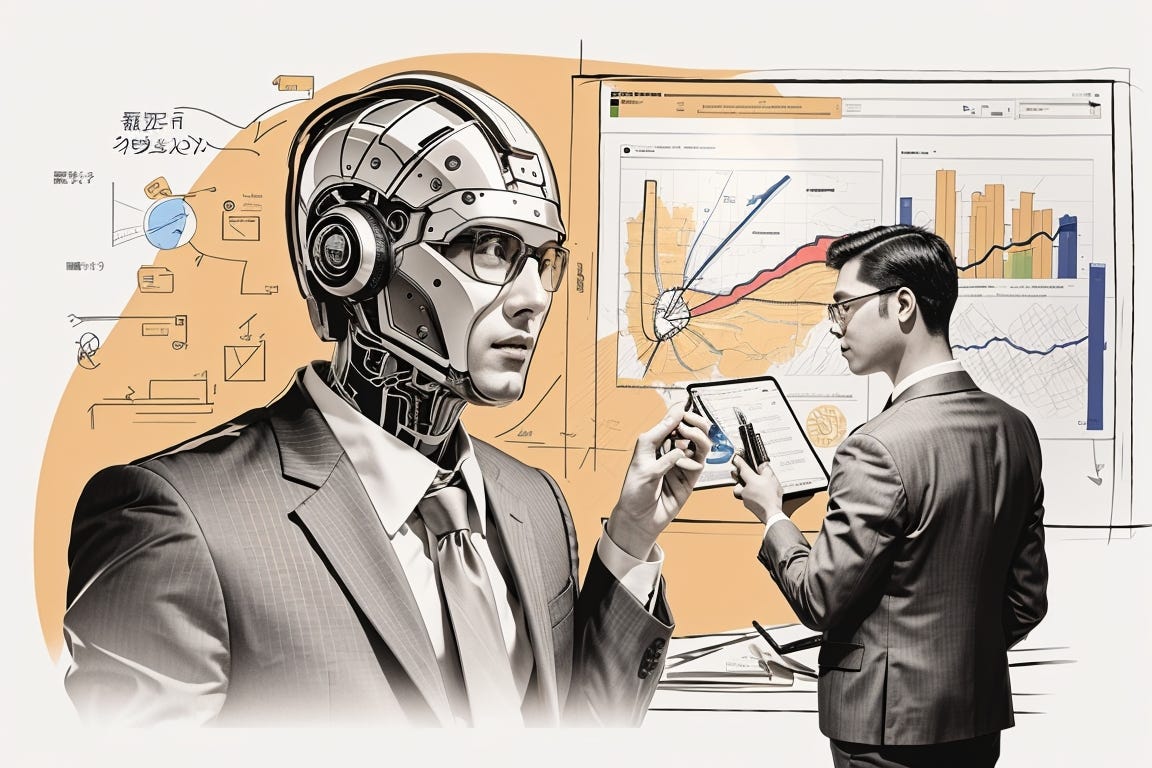ABSTRACT
AI has emerged as a valuable tool for supporting administrative and decision-making tasks in companies, with the potential to rationalize board decision-making, challenge groupthink, and bolster directors’ independence. The use of AI in corporate governance has demonstrated its potential to enhance the decision-making capabilities of directors. This paper discusses the role and potential of Artificial Intelligence (AI) in corporate governance and decision-making processes. However, there exists a critical challenge in the legal and regulatory domain, as existing company law frameworks worldwide remain firmly rooted in the traditional paradigm of human decision-making, disregarding the potential of AI technology to contribute to corporate governance. This lack of clear legal guidance on the permissibility and consequences of implementing AI in the corporate realm contributes to uncertainty among corporations, which may hinder the widespread adoption of AI despite its potential benefits. The research aims to delve into the current state of AI in corporate governance, examine its impact on board decision-making processes, group dynamics, and directorial independence, and analyze the existing legal frameworks surrounding AI in the corporate context. The research seeks to contribute to a better understanding of the implications of integrating AI in corporate management and promote informed discussions on updating regulatory strategies to accommodate AI technologies effectively.
INTRODUCTION
The emergence of Artificial Intelligence (AI) has revolutionized human communication and decision-making processes, permeating various aspects of our lives, from weather forecasts to genomics research. Its pervasive presence is undeniable, but as AI finds its way into the corporate domain, the implications of its integration remain uncertain. In today’s context, where the importance of good corporate governance is increasingly emphasized, understanding the potential impact of AI in the corporate world becomes all the more crucial. The rapid advancement of Artificial Intelligence (AI) has led to its increasing integration into various aspects of corporate management. As AI emerges as a valuable tool for supporting administrative and decision-making tasks, it is poised to play a significant role in the management of companies. While only a few pioneering companies have ventured into appointing AI-driven robo-directors, the widespread adoption of AI in corporate governance has demonstrated its potential to rationalize board decision-making, challenge groupthink, and bolster directors’ independence. The management level of a business or organization is often where the requirement for data is taken into account. This position denotes the certainty of the endorsement of the outcomes of the data analysis and the potential for their monetization. The ability of all firm divisions to use pertinent information jointly to respond as rapidly as possible to the evolution of the economic landscape is of utmost significance nowadays. Information is a type of asset, and the effectiveness of that asset is particularly crucial for successful activity.
The lack of clear legal guidance on the permissibility and consequences of implementing AI in the corporate realm contributes to uncertainty among corporations. This uncertainty, in turn, may hinder the widespread adoption of AI, despite its potential to enhance the decision-making capabilities of directors.
APPLICATION OF AI IN CORPORATE GOVERNANCE AND DECISION MAKING
To examine the relationship between Artificial Intelligence and Corporate Governance and its applications, it is essential to define and explain the terms of Artificial Intelligence and Corporations.
A corporation is a legal entity that can be distinguished from its owners. This is characterized by several features, including the ability to enter into contracts and own assets independently, limited liability for shareholders, the ability to transfer shares to third parties, a separate management system, and investor ownership with voting and profit distribution rights proportional to share ownership. Corporate governance refers to a system of rules, practices, and processes that guide and control the operations of a company. It encompasses the relationships between different stakeholders, such as shareholders, management, employees, customers, suppliers, and the wider community. The primary objective of corporate governance is to manage the business in a manner that maximizes long-term value while safeguarding the interests of all stakeholders. Corporate governance is crucial for the health and success of a company as it provides a structure for effective decision-making and strategic planning. It establishes accountability and transparency, allowing organizations to adapt to changing market conditions and mitigate financial and reputational risks. Additionally, it promotes ethical behavior and ensures compliance with laws and regulations.
AI, or Artificial Intelligence, is a field of computer science that aims to create systems capable of performing tasks that typically require human intelligence. These tasks may include problem-solving, learning, perception, decision-making, and language understanding, among others. AI systems are designed to mimic cognitive functions such as reasoning, learning, and problem-solving, utilizing techniques such as machine learning, neural networks, natural language processing, and computer vision.
Click Here To Download The Paper


📌Analysis of Bills and Acts
📌 Summary of Reports from Government Agencies
📌 Analysis of Election Manifestos

